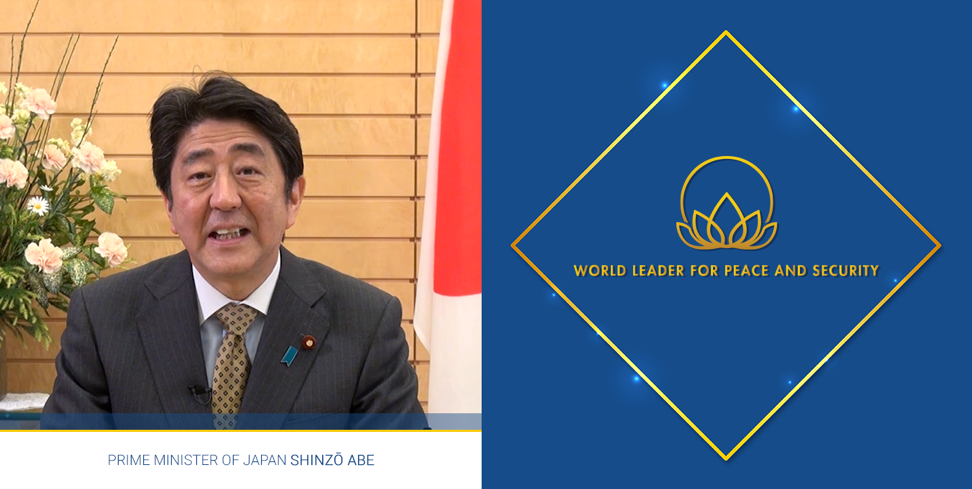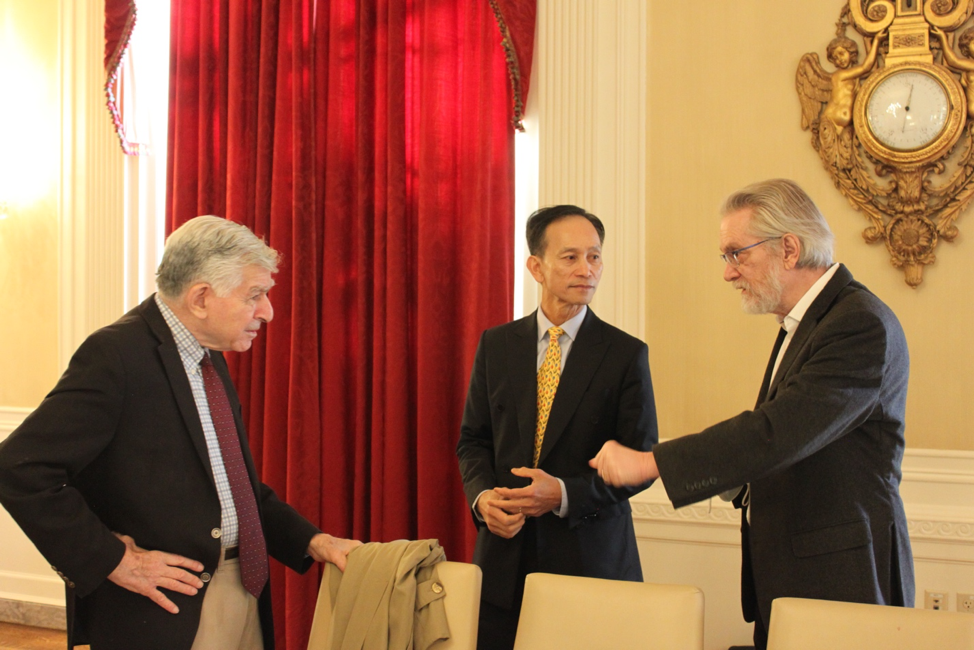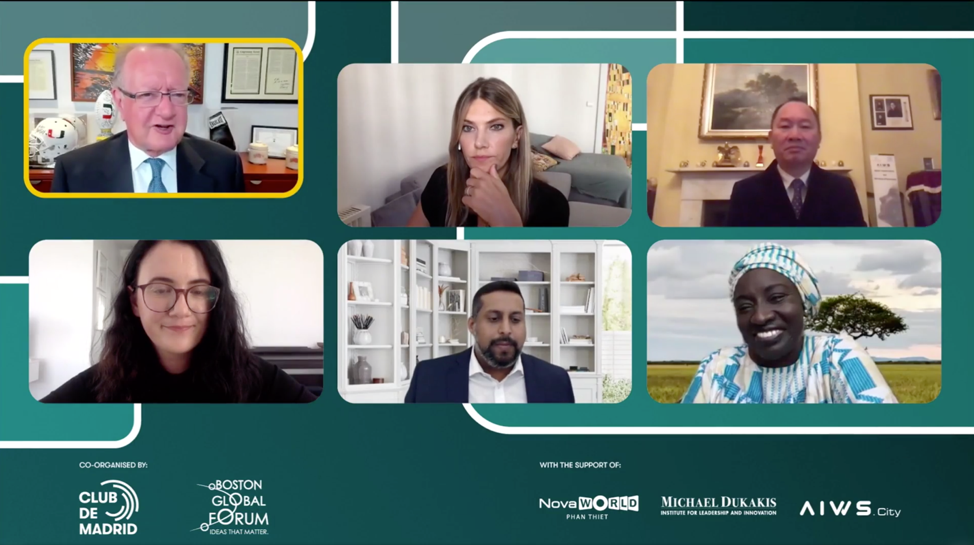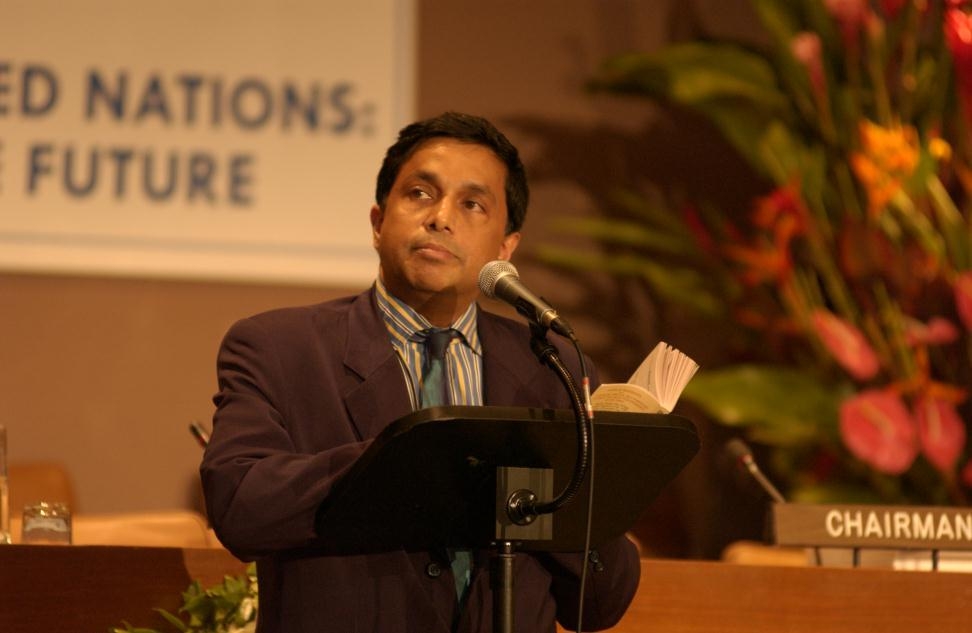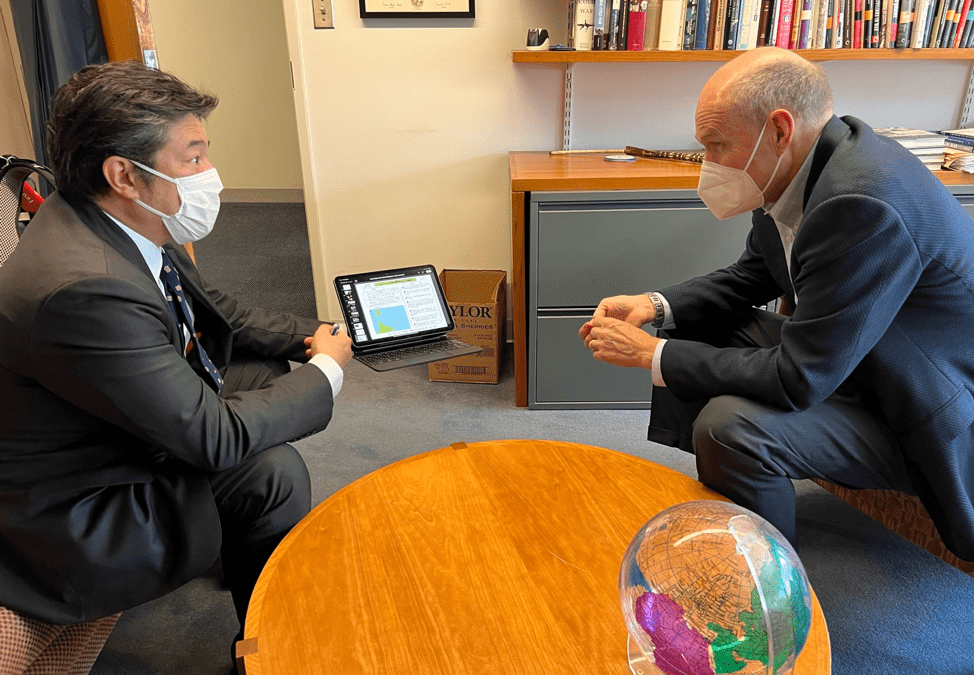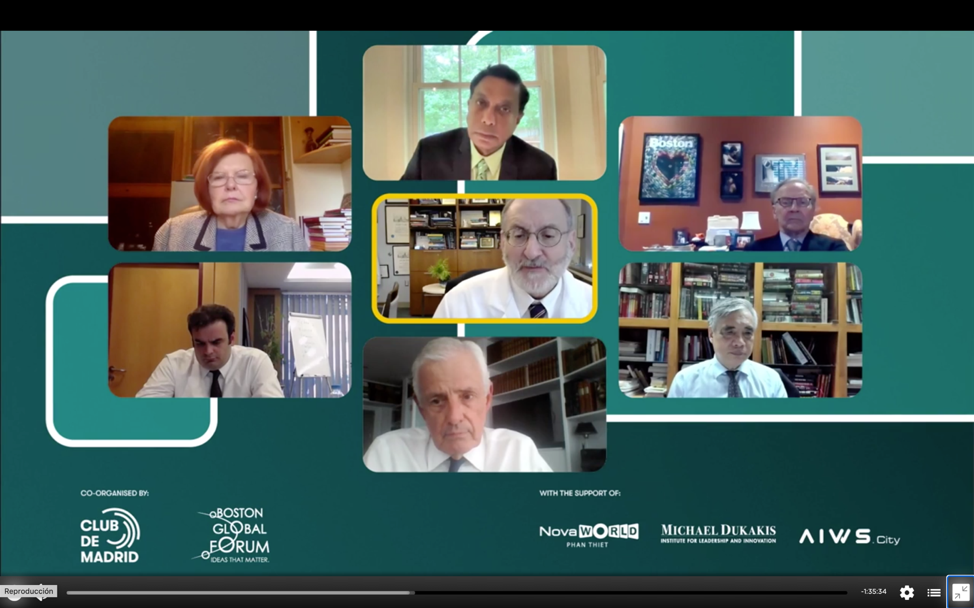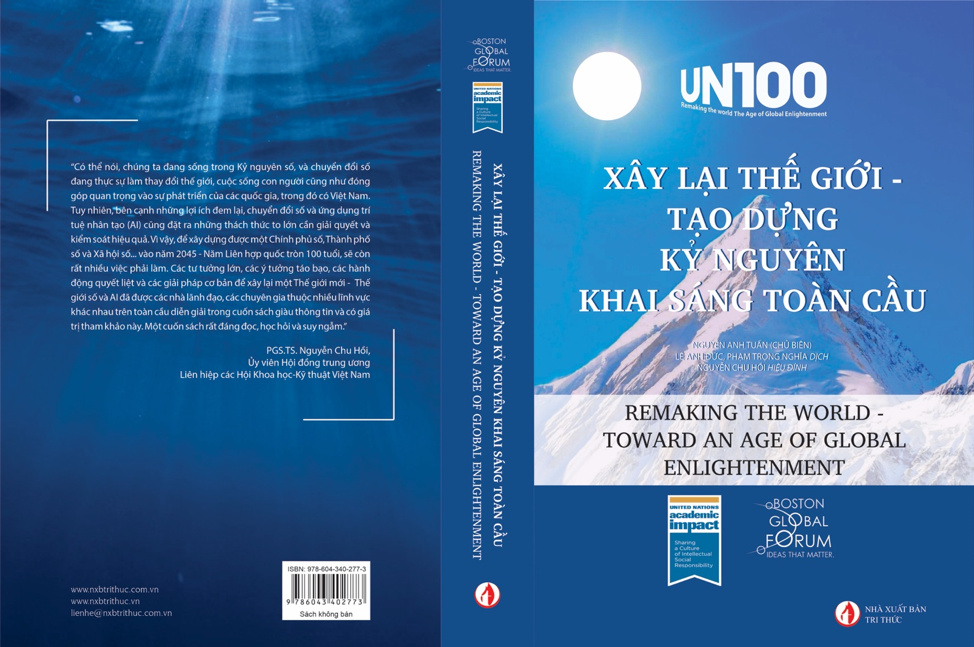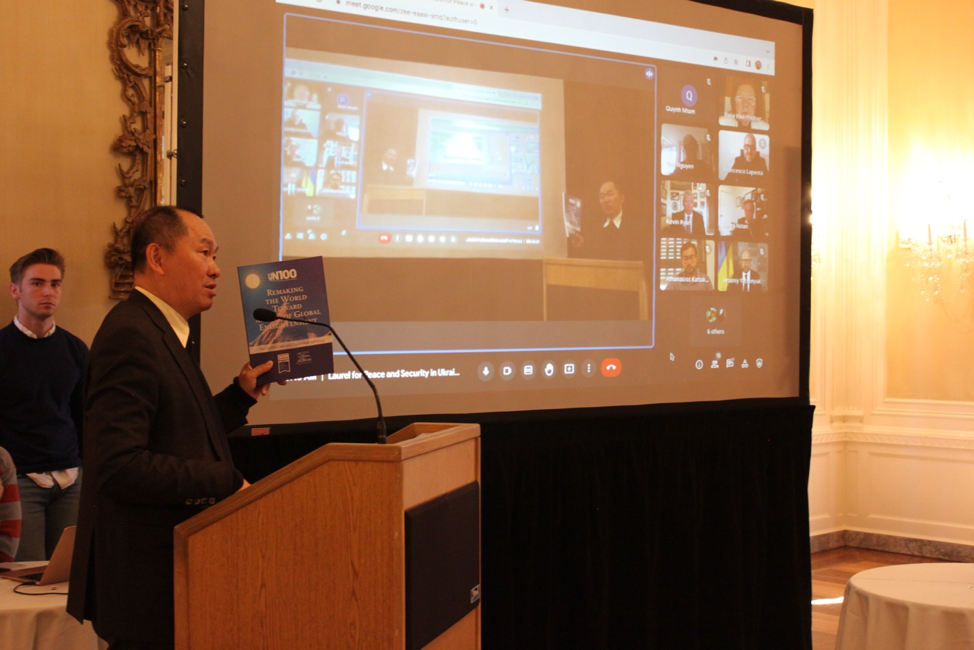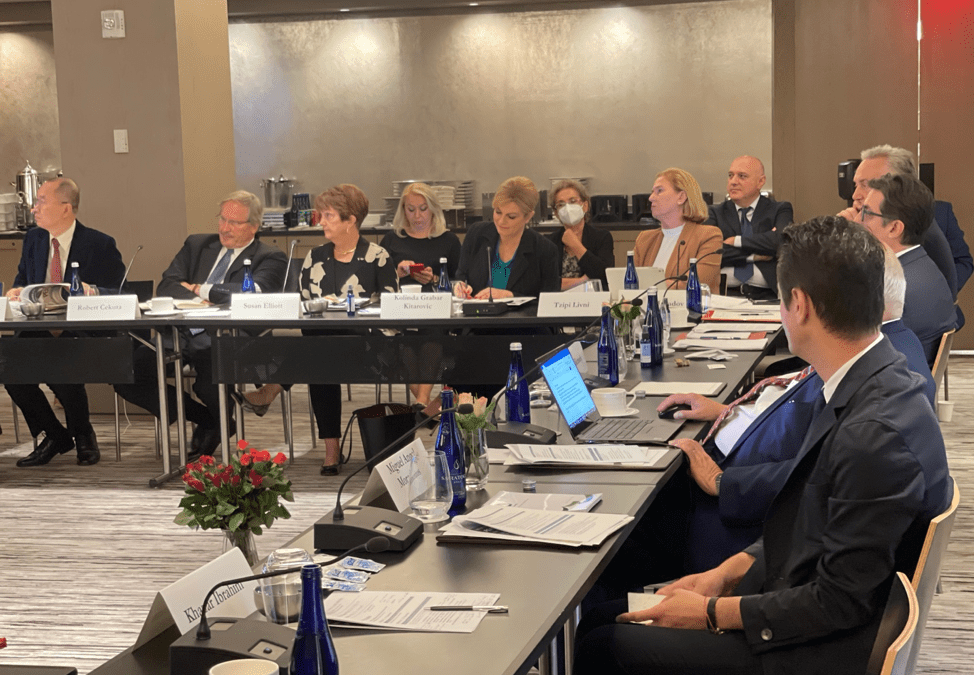27 June 2022 | MIT | Cambridge, Massachusetts, US
8:00am – 9:00am Arrival, registration, and breakfast
9:00am – 9:20am
Welcoming Remarks from Prosperity Collaborative
Sandy Pentland – Director, MIT Connection Science, Toshiba Professor of Media Arts and Sciences, Massachusetts Institute of Technology
Anders Agerskov – Senior Public Sector Specialist and Program Manager Fiscal Policy and Sustainable Growth Trust Fund, World Bank
Jeff Saviano – EY Global Tax Innovation Leader, MIT Connection Science Fellow
9:20am – 9:50am
Perspective on the Role of Digital Transformation
Shlomit Wagman – Harvard Kennedy School Research Fellow, Visiting Researcher at the Berkman Klein Center, Harvard Law School, former Head of Israel Money Laundering & Terrorism Financing Prohibition Authority
Yasuhide Nakayama – Former State Minister of Defense of Japan (remote)
Publio de Gracia – Director of Revenue, Dirección General de Ingresos, Panama
Dr. Terra Saidimu – Commissioner of Intelligence & Strategic Operations, Kenya Revenue Authority (remote)
10:00am – 11:30am
Theme I Discussion: Growth Strategies in the Digital Economy
Moderators:
Chiara Bronchi – Practice Manager, Fiscal Policy and Sustainable Growth, Macroeconomics, Trade, and Investment Global Practice, World Bank
Sandra Ro – CEO, Global Blockchain Business Council
Discussion Topics:
Growth strategies for the new digital economy
Advanced analytical platforms for better economic policy making
Promoting private sector innovation and digital ecosystems
Role of disruptive technologies in promoting growth
11:30am – 12:30pm Lunch and Networking
12:30pm – 2:00pm
Theme II Discussion: Investing in Foundational Digital Public Infrastructure
Moderators:
Valentina Ion – Global Public Finance Industry Leader, Microsoft
Sharad Sharma – Co-founder, iSPIRT Foundation (India-based non-profit technology think-tank developing digital public goods)
Discussion Topics:
Enabling seamless global trade through digitization
Transforming tax and finance systems and processes
Digital identity as the foundation for a government data strategy
The role of advanced technologies
2:10pm – 3:40pm
Theme III Discussion: Governance of Multistakeholder Systems
Moderators:
Jeff Saviano – EY Global Tax Innovation Leader, MIT Connection Science Fellow
Danielle Allen – James Bryant Conant University Professor at Harvard University, and Director of Harvard’s Edmond J. Safra Center for Ethics, Harvard University
Discussion Topics:
The importance of DPI, its governance, and the existence of a governance gap
A new era for technology policy, regulation, and incentives
New organizational structures for multi-party technology systems
Computational law and regulatory certainty; governance for economic foresight and anticipating the next crisis
3:50pm – 4:30pm
Where to Go from Here
Chiara Bronchi – Practice Manager, Fiscal Policy and Sustainable Growth, Macroeconomics, Trade, and Investment Global Practice, World Bank
Sandy Pentland – Director, MIT Connection Science, Toshiba Professor of Media Arts and Sciences, Massachusetts Institute of Technology
Chris Sanger – Global Government and Risk Tax Leader and EY EMEIA and UK&I (Tax Centre) Tax Policy Leader, EY
Sponsors:
